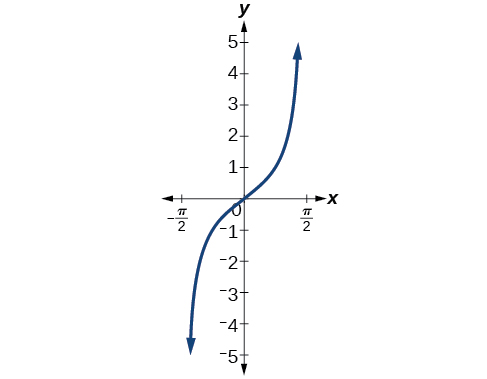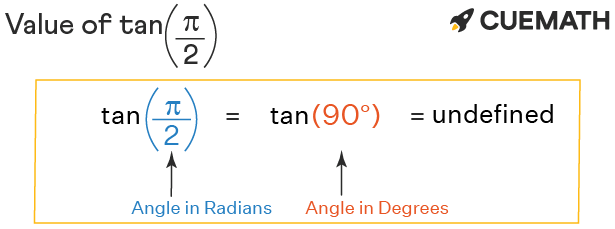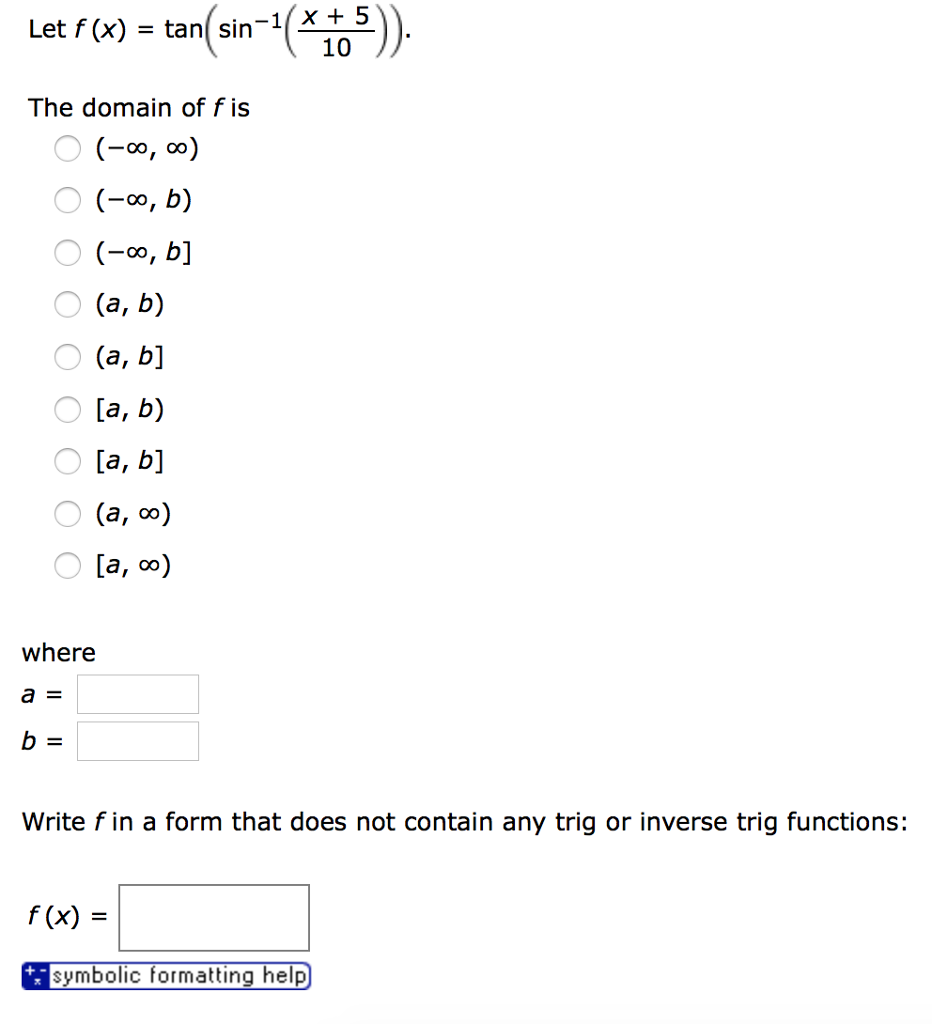Calculus: How is the answer to lim x-->pi/2 tan x = negative infinity and positive infinity? - Quora
How can tangent approach negative infinity at +Pi/2 (for example) and how can it approach positive infinity at negative pi/2? I understand why it's negative infinity at negative pi/2 ( sinx=-1, cosx=0,

calculus - Why is $\lim\limits_{x \space \to \infty}\space{\arctan(x)} = \frac{\pi}{2}$? - Mathematics Stack Exchange

If `f(x)=tan^(-1)x-2/pi(tan^(-1)x)^2+4/pi^2(tan^(-1)x)^3-.....oo`, then the sum of integral va - YouTube
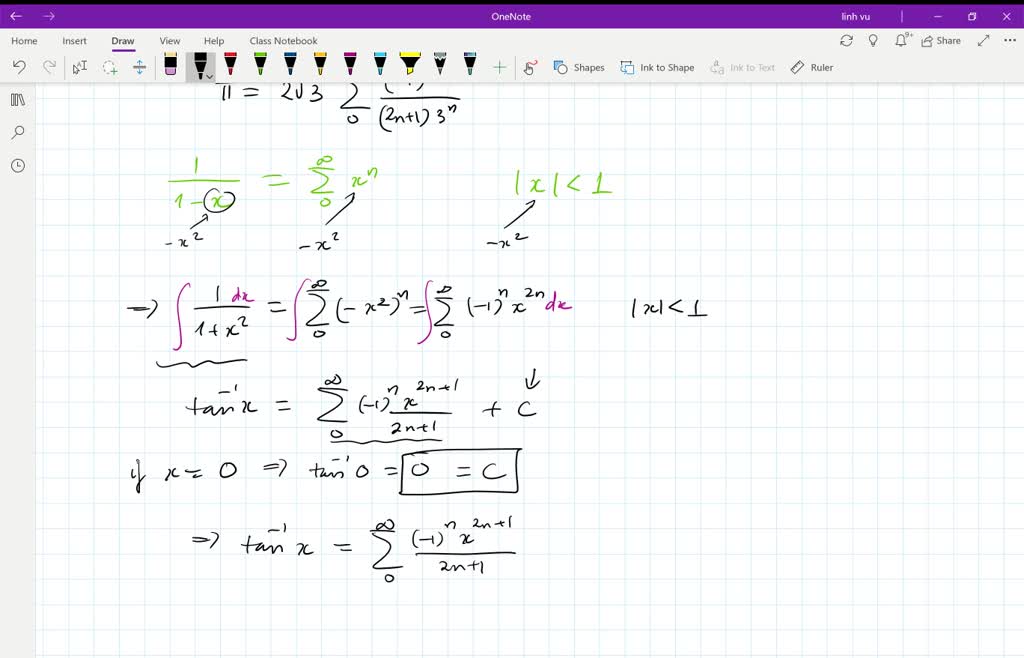
SOLVED:Use the power series for tan ^-1 x to prove the following expression for πas the sum of an infinite series: π=2 √(3) ∑n=0^∞ ((-1)^n)/((2 n+1) 3^n)

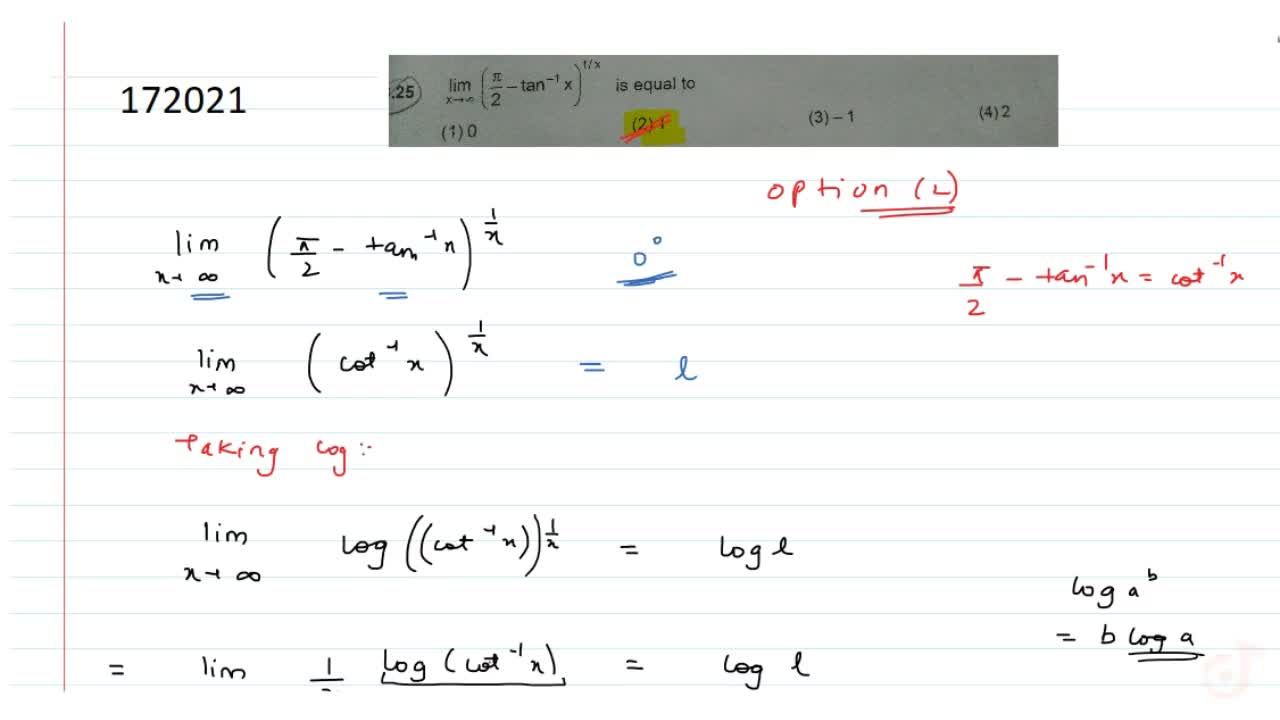




![L'HOPITAL'S RULE | What's the limit of [(π/2-x)-tan(x)] as x goes to π/2? | Calculus - YouTube L'HOPITAL'S RULE | What's the limit of [(π/2-x)-tan(x)] as x goes to π/2? | Calculus - YouTube](https://i.ytimg.com/vi/4ycqPHXNHyM/maxresdefault.jpg)





